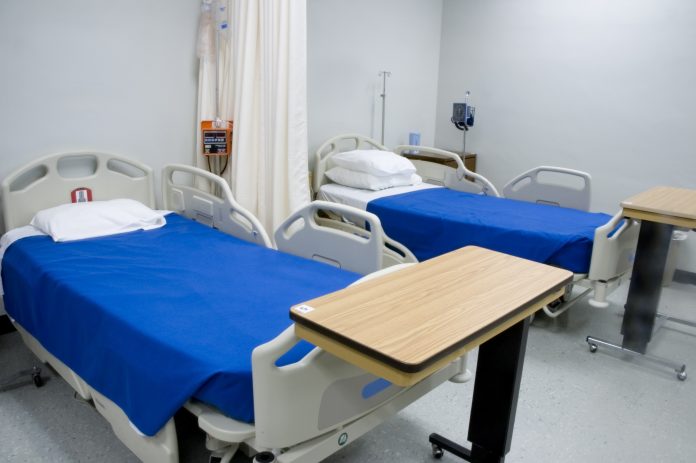Emma Elvin, Senior Clinical Advisor at Diabetes UK, highlights a relentless and unsustainable rise in emergency hospital admissions in the UK’s NHS and the impact of this on those with diabetes
The NHS faces a relentless and unsustainable rise in emergency hospital admissions, and reversing this trend is an absolute priority for the NHS. According to the National Diabetes Inpatient Audit (NaDIA) about one in six hospital beds in England is occupied by someone with diabetes. While we know that 92% of them were not admitted because of their diabetes, a hospital stay for a person with diabetes can be a frightening experience, and it is easy to understand why. In 2017, during hospital admission, an estimated 9,600 people required rescue treatment after falling into a coma following a severe hypoglycaemic attack. Unacceptably, 2,200 people also suffered from Diabetic Ketoacidosis (DKA) due to under treatment with insulin.
On top of the human cost, NHS spend is also a huge consideration. Inpatient care for diabetes costs the NHS £2.5 billion per year (based on 2010 costings). That’s 11% of the entire budget spent on inpatient care. Much of this could be saved by having the right workforce in place, meaning adequate staff numbers and enough of those staff being skilled in diabetes with access to regular continuous professional development (CPD). It has been estimated that an investment of £5 million on new diabetes inpatient specialist nursing services in 54 trusts would yield approximately £14 million savings per year, resulting in net savings of £9 million. While the NaDIA shows that some hospitals have made year-on-year improvements in diabetes care, it also highlights the huge variations that exist in care.
Trainee doctors
We know that trainee doctors lack confidence in the management of diabetes, are unlikely to take the initiative to optimise glycaemic control, and report a need for further training – their own perception of delivery of care survey (TOPDOC 2011) tells us this. This highlights an urgent need for access to and protected time to complete regular CPD in diabetes which may include formal courses, case-studies, or shadowing.
This low level of confidence and knowledge in trainee doctors, as well as in other frontline staff has been raised as a major concern both by healthcare professionals and people with diabetes. In the 2017 NaDIA audit, patient satisfaction with the level of staff awareness and knowledge of diabetes varied by more than 75%. While the inpatient perception of diabetes care has also worsened since 2011. Patient involvement plays an integral part in keeping people safe in hospital, yet we frequently hear from people with diabetes that they are too often not involved in their own care.
Healthcare professionals are under immense pressure and pre-registration training, for nurses and doctors doesn’t always support a sound knowledge of diabetes. Where training is available – which is not always the case – ward pressures mean that many staff cannot access the training. High staff turnover and the use of agency staff also make the sustainability of training by the diabetes inpatient team precarious and uncertain.
Diabetes inpatient services
The NaDIA highlights the challenges facing diabetes inpatient services, but also show what should be in place in all hospitals. We know fully resourced, proactive diabetes inpatient teams and an educated inpatient workforce lead to improved patient experience and shorter lengths of stay. NHS departments should also encourage a multi-disciplinary team (MDT) approach to diabetes care. This helps with joint case working and continuity of care. We know that when proper systems are in place, healthcare professionals can manage their workload better and make sure they are prioritising those most in need. Change can be difficult but with the right support and team structures, it is possible.
However, there need to be guidelines and systems in place to ensure staff are supported to put change in place. There need to be evidence-based national and local guidelines and protocols in place for diabetes inpatient care and HCPs should be aware of these and how to implement them. These steps would ensure consistencies in care delivery and promote an evidence-based approach to care and best practice. It would also mean that the NHS gets the best value for its money, but more importantly, it would reduce possible harm to patients.
Furthermore, NHS departments should make it easier for HCPs to prioritise CPD. This should include clear diabetes competencies for the appropriate professions and support for protected time.
We can and must do better for people with diabetes in hospital. The competency of healthcare professionals caring for and supporting people with diabetes is a challenging, but essential, component of improving the quality and standards of diabetes care. Over a million people with diabetes were admitted to hospital in England in 2017 and, at the current trajectory, this number will only rise. We need to stop working alone and start learning from each other to ensure that things improve.











